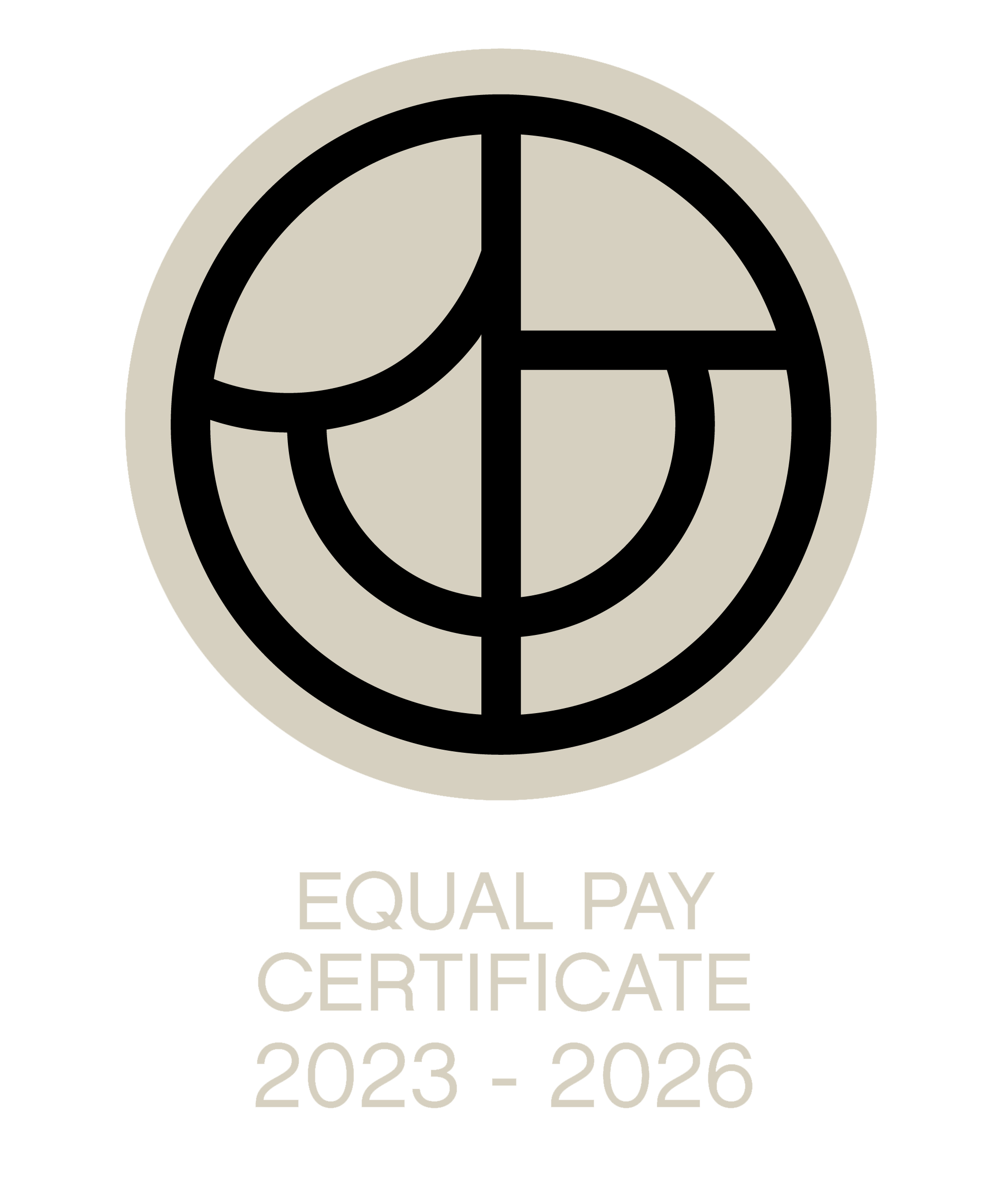Maria Wilke will defend her doctoral dissertation in the field of planning at the Department of Planning and Design at the Agricultural University of Iceland. Maria is the first to complete a doctoral degree in planning from the Agricultural University of Iceland.
Maria's dissertation is titled "Public participation in marine spatial planning in Iceland”.
The defence will take place on March 14th at Keldnaholt, Árleyni 22, Reykjavik, starting at 1 p.m. The defence will also be streamed on Teams. The defence will be conducted in English.
Maria's supervisors are Dr Sigríður Kristjánsdóttir, Independent Scholar, and Dr Ragnheiður I. Þórarinsdóttir, Rector of the Agricultural University of Iceland.
The doctoral committee consists of Dr Bradley W. Barr, Affiliate Professor, University of New Hampshire and University Centre of the West Fjords; Dr Knut Bjørn Stokke, Norwegian University of Life Sciences; and Dr Carsten Jahn Hansen, Associate Professor, Aalborg University.
Opponents are Dr Andrea Morf, Swedish Institute for the Marine Environment, University of Gothenburg and Nordregio in Stockholm and Dr Wesley Flannery, Reader in Environmental Planning, Queen’s University Belfast.
Abstract
As the global climate is changing dramatically, Northern communities are facing a multitude of challenges including changing weather patterns, sea level rise and invasive species. To cope with the recent climatic changes - many of which present great uncertainties to livelihoods - strategies should be developed to plan and adapt for the future. Iceland has recently launched marine spatial planning (MSP) endeavours, and two of the first planning processes have been conducted. MSP presents opportunities for authorities, stakeholders, and the public to come together to forge a sustainable path ahead for marine areas that are under increasing pressure from human activities. MSP aims at ecosystem-based management of ocean resources that brings different stakeholders and the public together to discuss their conflicts of interest and forge a sustainable path forward. Public participation is a crucial element of MSP to make it democratically legitimate and sustainable in the long-term. However, MSP comes with its own considerable challenges as it attempts to engage stakeholders and the general public in decisions about an ‘invisible’ space largely beneath the surface of the sea. MSP was formally introduced by law in Iceland in 2018 and two projects were initiated in the Westfjords and Eastfjords in 2019, with one further planned in Skjálfandi Bay. This dissertation explores MSP in Iceland in three research articles. In paper I, the uncertainties of the environmental changes in the Westfjords are explored in conjunction with the multitude of societal challenges to coastal and marine planning in Iceland.
Data from the planning documents as well as from semi-structured interviews and a workshop conducted in the Westfjords are analysed and discussed to establish how environmental changes and the societal context set the scene for Icelandic MSP. To assess the scope and depth of public participation in the Icelandic MSP process, paper II presents data that was collected through participant observation, unstructured and semi- structured interviews (n=80) and document analysis in the three case studies.
The results show that a limited group of people including institutional actors and formal stakeholders had been engaged in the information gathering stages of the process, but in the later phases of discussion and decision-making, local community members were notably absent. This lack of public participation highlights the need for more in-depth communication about the MSP process and marine issues in the adjacent communities as well as an urgent need for inclusion of the public into marine decision-making and MSP. Whereas marine spatial planning is new to Iceland, coastal zone planning (CZP) is well established in Norway. Paper III investigates how participation in coastal and marine planning processes compare between Iceland and Norway, and what lessons can be shared between them. Data was collected in two case studies in the Tromsø region in Norway and the Westfjords of Iceland through analysis of planning documentation, literature review and semi-structured interviews.
The results show that public participation is formally integral to both processes, but in practice varies considerably. Both planning processes are driven by the expansion of the aquaculture industry and a variety of issues faced during the planning process are similar. However, divergent frameworks of the planning processes result in major differences between the implementations and their implications for local communities. In Norway, public participation is politically desired and guided by a participation strategy, emphasising synergies between expert and local knowledge. In the Tromsø region, meaningful public participation varied across the involved municipalities and issues regarding indigenous participation remain. In Iceland, there is little evident political expectation of public engagement, and the process is characterised by a passive approach to participation that aims to inform the public but does not include wider sharing of decision-making power.






